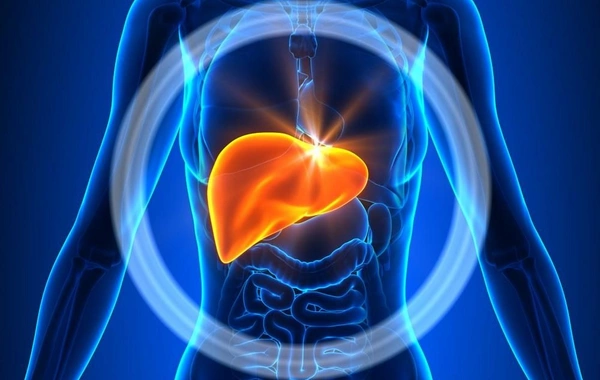Named factor enhancing the effectiveness of immune response

Scientists from the University of Auckland have made an important discovery: daylight significantly enhances the immune system's ability to fight infections. The study, published in the prestigious journal Science Immunology, demonstrates that neutrophils - key immune cells - are much more active in destroying bacteria during daylight hours.
Neutrophils are the most numerous white blood cells in the human body. These defender cells are the first to arrive at the site of inflammation and immediately attack pathogens. As part of the experiment, researchers used a unique model of transparent zebrafish, whose genome is surprisingly similar to humans. Thanks to the transparency of these fish's bodies, scientists were able to observe the behavior of immune cells in real time, which became a real breakthrough for the research.
During the observations, it was discovered that neutrophils have their own circadian clocks, which are finely synchronized with the natural cycle of day and night. It is under the influence of light that these internal clocks activate special mechanisms that significantly enhance the antibacterial functions of cells. In daylight conditions, neutrophils demonstrated a significantly faster response to inflammation and more effectively destroyed bacterial threats.
According to the study authors, this revolutionary discovery could become the foundation for creating innovative drugs aimed at regulating the circadian rhythms of immune cells. Such an approach could potentially significantly increase the effectiveness of the immune response in a wide range of inflammatory and infectious diseases. Currently, the scientific team has focused its efforts on detailed study of the exact molecular mechanisms through which light affects the work of immune system cells.
Similar News
A Simple Way to Cleanse the Liver Without Medications Named
Simple way to cleanse the liver without medications: doctors explained how to do it at home Liver health directly affects overall well-being, energy levels, and...




 Azərbaycanca
Azərbaycanca  По-русски
По-русски  English
English 





